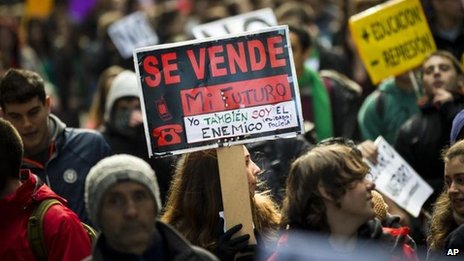- Banned
- #1
President Lee Myung-bak has urged European countries to "desperately" come up with fundamental measures to find a workable solution to the eurozone debt crisis.
Speaking at the first session of the Group of 20 Summit, which kicked off on Monday in Los Cabos, Mexico, President Lee stressed that the eurozone must carry out strong and decisive structural reforms, as Korea did back in 1997, during the Asian financial crisis.
President Lee said that the economic imbalance within Europe should also be resolved immediately, adding that the eurozone should seek financial integration that can support its monetary union.
High unemployment rate, and especially youth unemployment, is another issue that the Korean president highlighted as one of the biggest problems stoking the eurozone crisis.
Earlier in the day, at the Business 20 Summit, President Lee called on the G20 nations and business leaders from around the world to create more job opportunities.
Speaking at the first session of the Group of 20 Summit, which kicked off on Monday in Los Cabos, Mexico, President Lee stressed that the eurozone must carry out strong and decisive structural reforms, as Korea did back in 1997, during the Asian financial crisis.
President Lee said that the economic imbalance within Europe should also be resolved immediately, adding that the eurozone should seek financial integration that can support its monetary union.
High unemployment rate, and especially youth unemployment, is another issue that the Korean president highlighted as one of the biggest problems stoking the eurozone crisis.
Earlier in the day, at the Business 20 Summit, President Lee called on the G20 nations and business leaders from around the world to create more job opportunities.



